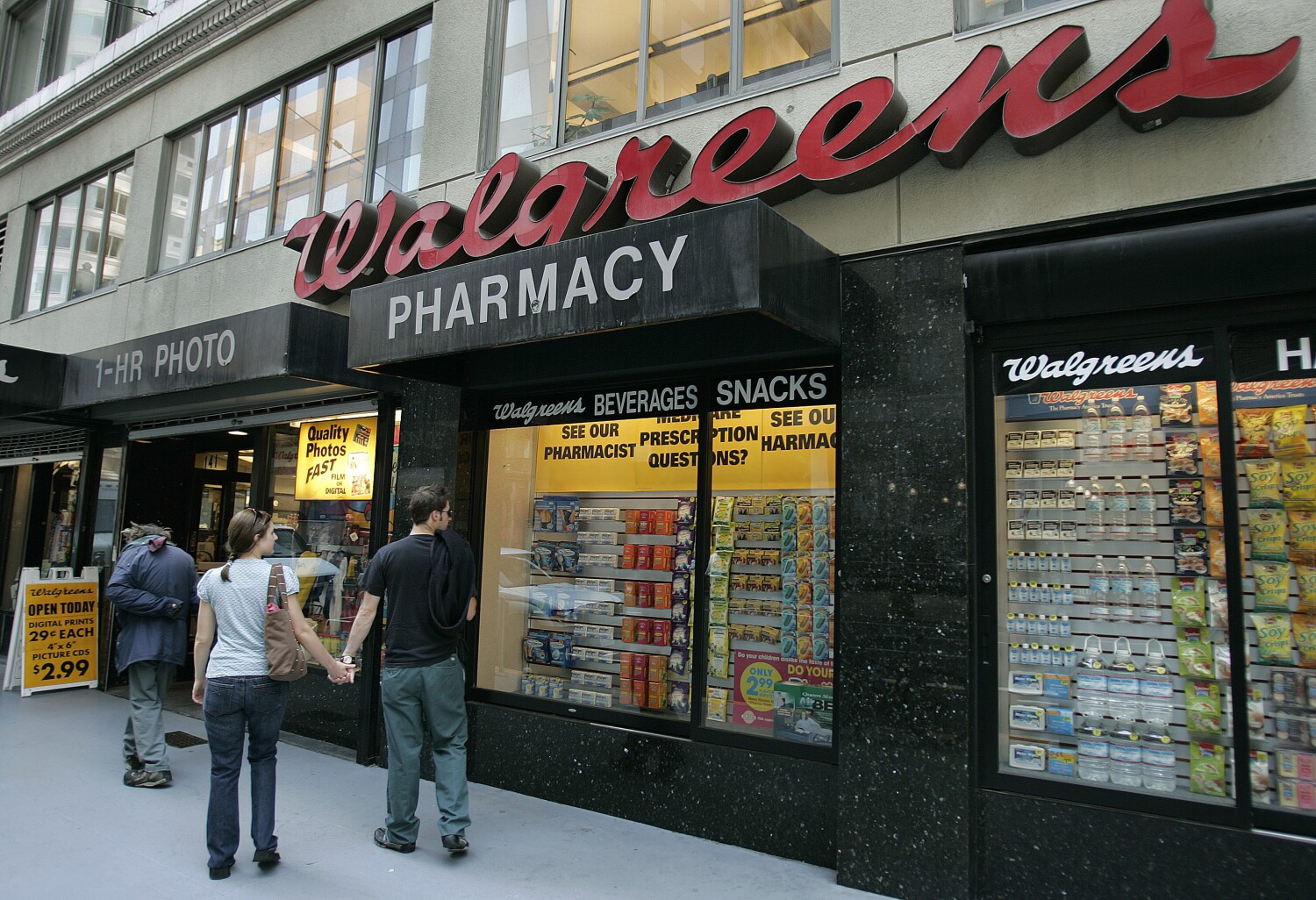
Walgreens helped fuel the opioid epidemic in San Francisco by shipping thousands of “suspicious orders” of prescription drugs to its pharmacies, a federal judge ruled Wednesday.
More than 100 million prescription opioid pills were dispensed by Walgreens in the city between 2006 and 2020, and during that time, the pharmacy giant failed to investigate thousands of orders deemed suspicious, U.S. District Judge Charles Breyer wrote in his 112-page opinion in a lawsuit filed by San Francisco against major prescription-drug sellers.
“Walgreens has regulatory obligations to take reasonable steps to prevent the drugs from being diverted and harming the public,” Breyer wrote. “The evidence at trial established that Walgreens breached these obligations.”
The lawsuit, filed by San Francisco in 2018, also included claims against Johnson & Johnson, Allergan, Purdue Pharma, Teva Pharmaceutical Industries and Endo International, as well as McKesson Corp., AmerisourceBergen Corp. and Cardinal Health — the three biggest drug distributors in the country.
Walgreens was the only company that didn’t reach a settlement with the city before the court ruling. Johnson & Johnson and the three drug distributors were part of a $26-billion nationwide settlement earlier this year.
The company expressed its disappointment with the court ruling and said it’s planning to appeal, Reuters reported. Walgreens didn’t immediately respond to The Times’ request for comment.
“We never manufactured or marketed opioids, nor did we distribute them to the ‘pill mills’ and internet pharmacies that fueled this crisis,” Walgreens spokesman Fraser Engerman told Reuters.
[gs-fb-comments]
